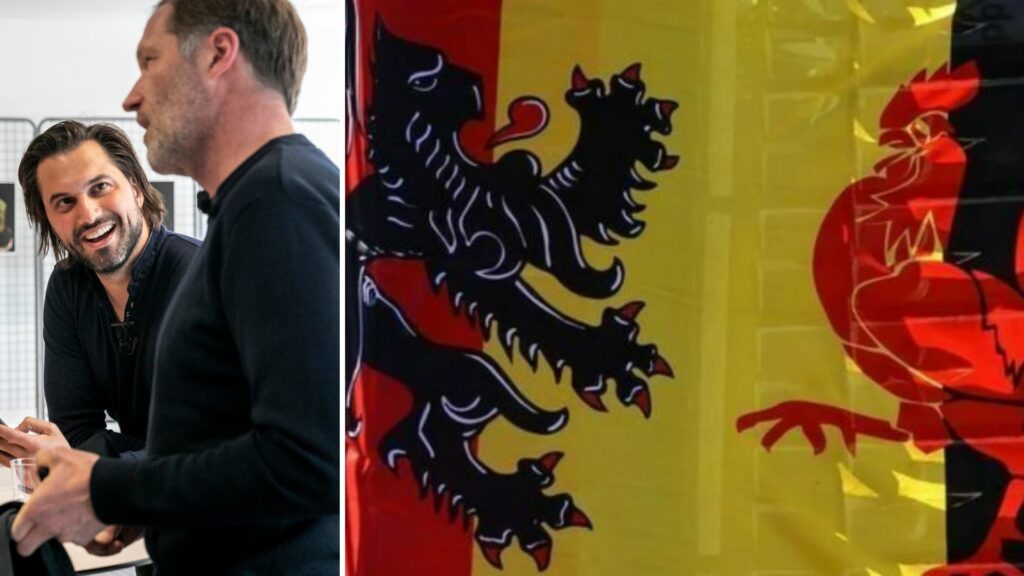Despite its well-earned reputation for multilingualism, Belgium's political system has long been distinguished by one curious, highly conspicuous fact: the refusal (or simply the inability) of many of its native French-speaking politicians to speak Dutch.
According to Dave Sinardet, a Professor of Political Science at Brussels' Saint-Louis University and the Free University of Brussels (VUB), this long-established trait is being challenged, with bilingualism (or at least an ability to make your point in Dutch) becoming increasingly prevalent among Belgium's French-speaking politicians.
"The trend is going in this direction," Sinardet told La Libre Belgique. He then cited the example of Paul Magnette, the President of Belgium's French-speaking Socialist Party (PS), who regularly appears on Flemish television and even gives full talks in fluent Dutch. He also noted that former Prime Minister Sophie Wilmès (MR) regularly gave Dutch-language interviews when in power, as did her fellow native French-speaking predecessor, Charles Michel (MR).
Linguistic tolerance
In addition to the language improvement, Sinardet noted a growing tolerance in Flemish media for French-speaking politicians' inability to speak Belgium's other main language. In particular, Sinardet pointed out that the current President of MR, Georges-Louis Bouchez, is regularly invited onto Flemish television shows, despite the fact that he only speaks French.
"In the past, this would not have been accepted," Sinardet said. "Today, it is true that the language issue is less sensitive in Flanders."
But Sinardet added that "the tolerance towards Bouchez also comes from the fact that he holds right-wing views. The [Flemish nationalist party] N-VA is not going to attack his media appearances because he says the same thing as the nationalists and he criticises the Federal Government."
The same report by La Libre Belgique also recorded interviews with several senior native French-speaking Belgian politicians, many of whom either speak Dutch fluently or are currently making serious efforts to learn the language. Indeed, the current President of Belgium's Workers' Party (PTB) Raoul Hedebouw claimed to "dream" in both French and Dutch, while the President of the Les Engagés Maxime Prévot profusely complimented the Flemish for "the advantage they enjoy because of their mastery of languages".
Related News
- A quarter of Flemish people would vote for far-right Vlaams Belang in 2024
- 'If it is confederalism or nothing, then it will be nothing' for N-VA, says Vooruit leader
- Where to learn French and Dutch as an adult in Belgium
Moreover, many of those who are not fluent in Dutch favour heavily policies which would increase bilingualism in Belgium. For instance, Gilles Vanden Burre (Ecolo) noted his support for, among other things, the creation of a "bilingual media space" in both French and Dutch — a policy also supported by Sinardet, who even calls for "legally mandatory bilingualism" for all of Belgium's federal politicians.
"The knowledge of Dutch could be checked by a language test, for example," Sinardet explained. "If we have the ambition to take on this kind of responsibility, it would not be illogical. The majority of the population speaks Dutch, and French-speaking Federal Ministers must be able to explain their actions in this language as well."
Indeed, with nationalist and separatist movements continuing to grow across Europe – including in Belgium – Sinardet emphasised that maintaining a sentiment of pluralism and multilingualism across Belgium will be key to guaranteeing the country's continued survival as a political entity.
"Some believe that history leads countries to divide and separate more and more," he said. "But history changes depending on what we do. We can go in different directions."

